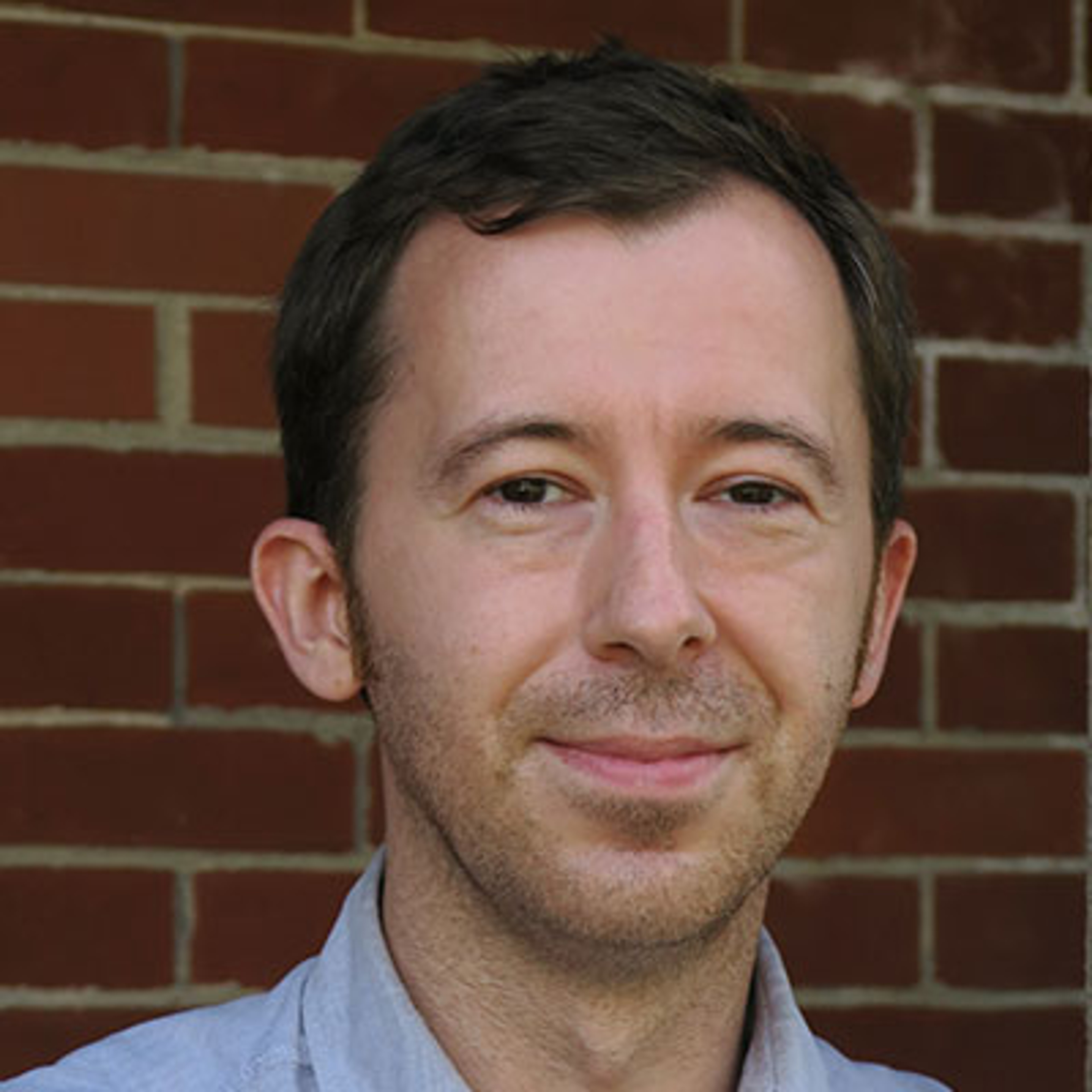Francis Mckay

Francis Mckay is post-doctoral scholar at the Berkeley Center for New Media and a research fellow for the Berggruen Institute’s “Transformations of the Human” Project. He holds a Joint Ph.D. in Anthropology and the Conceptual and Historical Studies of Science at the University of Chicago; an M.A. in Anthropology from the University of Chicago; and a Joint B.A. Hons in Archaeology and Anthropology from the University of Manchester, UK. From 2016-2019 he was the Earl S Johnson Instructor in Anthropology for the University of Chicago’s Master of Arts Program in the Social Sciences. He is currently writing a book, an ethnographic study of mindfulness-based therapies in the US, entitled Homo-eudaimonicus: A Phenomenology of Flourishing. From 2019 to 2020 he is undertaking new ethnographic research on AI in the Bay Area, focusing on issues of ethics, underrepresentation, bias, and literacy in AI. His most recent publication is called “Equanimity: The somatization of a moral sentiment from the eighteenth to late twentieth century,” published with the Journal of the History of the Behavioral Sciences (2019). His research interests include science and technology studies, moral and medical anthropology, AI and Society, and contemplative studies.